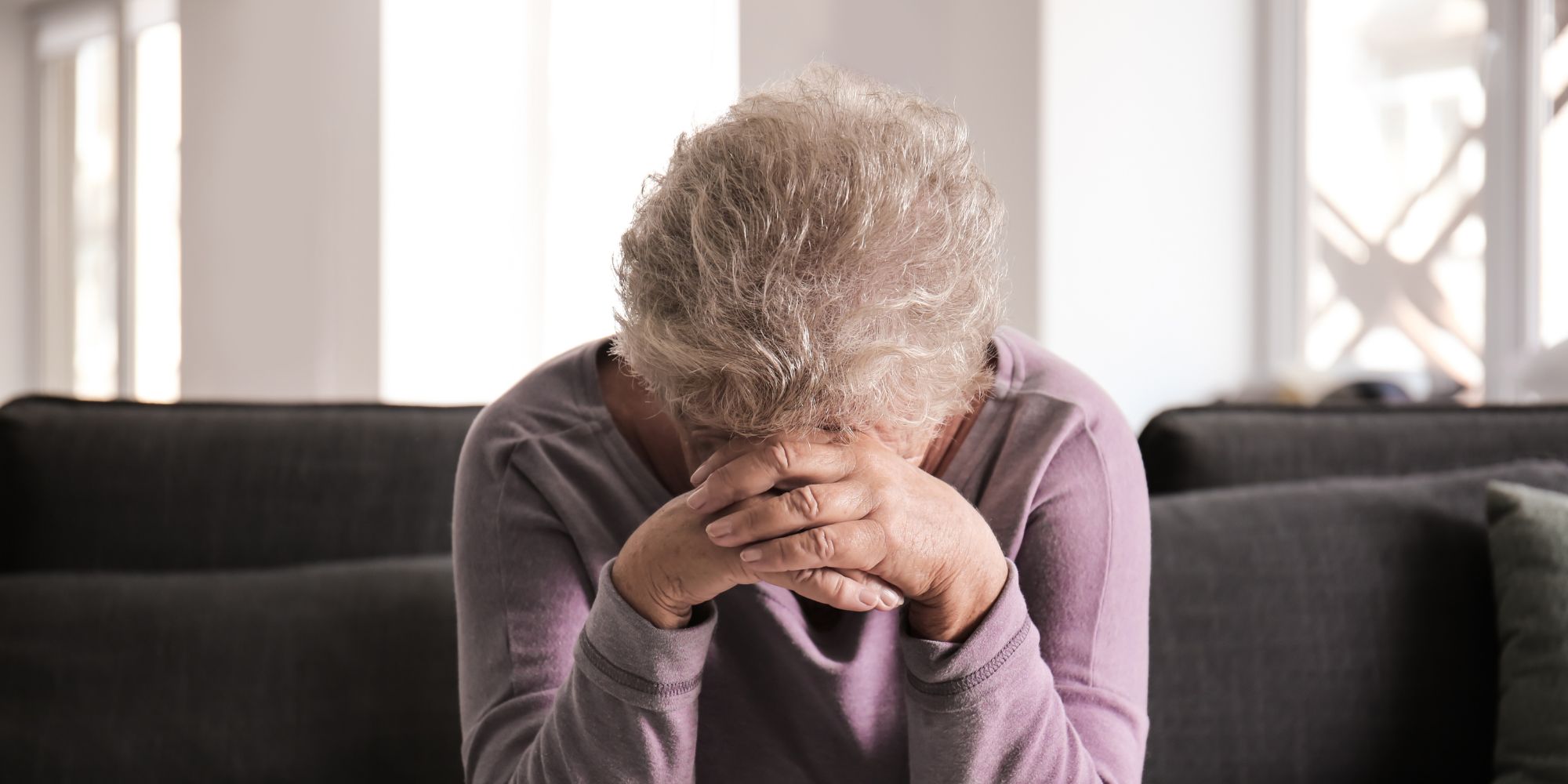As we age, our mental health and well-being, particularly elderly mental health, become increasingly important. For seniors, maintaining a positive outlook and dealing with the inevitable challenges that come with ageing can be a bit daunting. However, with a little advice and some practical steps, seniors can continue to enjoy fulfilling lives, stay mentally healthy, and keep loneliness at bay. Let’s dive into some tips and strategies that can make a world of difference in supporting elderly mental health.
Understanding Elderly Mental Health
Mental health is just as important for seniors as it is for younger people, though it can sometimes be overlooked. With age, we might face various challenges, including physical health issues, loss of loved ones, and significant life changes like retirement. These changes can contribute to feelings of depression, anxiety, and loneliness. Understanding that these feelings are normal and taking proactive steps to address them is crucial.
Common Mental Health Issues in Seniors
- Depression: Often, seniors might not recognize the symptoms of depression, attributing them to ageing. However, persistent sadness, lack of interest in activities, and changes in appetite or sleep patterns should not be ignored.
- Anxiety: Concerns about health, finances, and the future can lead to anxiety. It’s essential to identify these feelings early and seek appropriate help.
- Cognitive Decline: Conditions like dementia and Alzheimer’s disease affect mental health. Early diagnosis and intervention can help manage these conditions effectively.
Maintaining Mental Health
Maintaining mental health as we age involves a combination of staying physically active, socially engaged, and mentally stimulated. Here are some practical tips:
Stay Physically Active
Physical health is closely tied to mental health. Regular exercise can help reduce symptoms of depression and anxiety, improve sleep, and boost overall mood. Activities like walking, swimming, yoga, or even light gardening can be beneficial. The key is to find something you enjoy and stick with it.
Stay Socially Connected
Social connections are vital for mental health. Regular interaction with family, friends, and community members can help combat loneliness and depression. Here are some ways to stay socially active:
- Join Clubs or Groups: Whether it’s a book club, gardening group, or senior fitness class, joining a group can provide regular social interaction and a sense of belonging.
- Volunteer: Volunteering can provide a sense of purpose and a chance to meet new people. Many organizations welcome the experience and wisdom that seniors bring.
- Use Technology: Don’t shy away from using technology to stay connected. Video calls, social media, and online communities can be great ways to keep in touch with loved ones, especially if they live far away.
Engage Your Mind
Keeping your brain active is crucial. Engage in activities that challenge your mind and keep you thinking. This could include:
- Learning Something New: Whether it’s a new language, musical instrument, or a new hobby, learning keeps the brain active and healthy.
- Puzzles and Games: Crosswords, Sudoku, chess, or even video games can help keep your mind sharp.
- Reading and Writing: Reading books, newspapers, or magazines, and writing, whether journaling or creative writing, can be very stimulating for the brain.
Dealing with Loneliness
Loneliness can have a significant impact on mental health. Here are some ways to tackle loneliness effectively:
Reach Out
Don’t hesitate to reach out to family and friends. A simple phone call or a visit can make a huge difference. Let them know you value their company and would like to spend more time together.
Participate in Community Activities
Community centres often have activities specifically for seniors. These can range from exercise classes to social events and are a great way to meet new people.
Get a Pet
Pets can provide companionship and a sense of purpose. Dogs, cats, birds, or even fish can be wonderful companions. Pets not only provide company but also encourage a routine, which can be very beneficial.
Professional Help
If loneliness is overwhelming, consider speaking with a therapist or counsellor. They can provide strategies and support to help you navigate these feelings.
Staying Positive
A positive mindset can significantly impact overall well-being. Here are some tips to maintain a positive outlook:
Practice Gratitude
Taking time each day to reflect on the things you are grateful for can improve your mood and outlook on life. This could be as simple as appreciating a beautiful sunset, a good book, or a kind conversation.
Stay Optimistic
Try to focus on the positive aspects of life. This doesn’t mean ignoring problems, but rather finding a balance and not letting negativity overshadow the good things.
Mindfulness and Meditation
Practising mindfulness and meditation can help reduce stress and improve mental clarity. These practices encourage living in the moment and appreciating life as it is.
Set Goals
Having goals can provide direction and purpose. These don’t have to be grand; simple goals like completing a project, learning something new, or planning a trip can be very motivating.
Conclusion
Ageing comes with its unique set of challenges, but with the right approach, seniors can maintain excellent mental health, stay connected, and lead fulfilling lives, prioritizing elderly mental health. Staying active, socially engaged, and mentally stimulated are key. Remember, it’s never too late to make positive changes. If you ever feel overwhelmed, don’t hesitate to seek help. There are resources and people ready to support you in managing elderly mental health. By taking proactive steps, seniors can enjoy a rich and satisfying life, full of joy and positivity.
Additional Resources
Here are some helpful resources for further information and support on elderly mental health:
- Age UK – Information and advice on mental wellbeing
- Mind – Useful contacts for managing loneliness
- NHS – Where to get urgent help for mental health
- The Silver Line – Helpline offering support and friendship to older people

